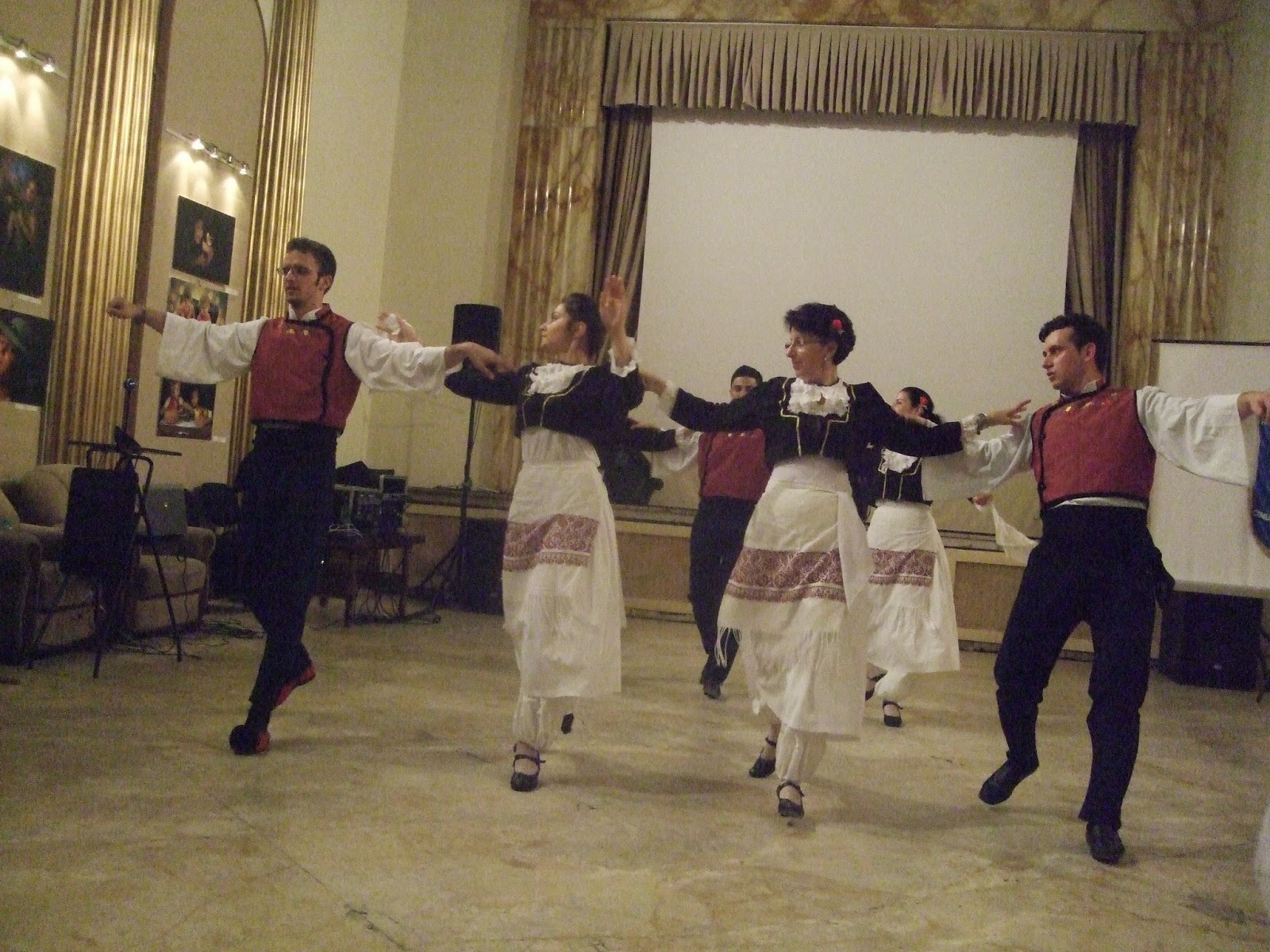Recently, I had the occasion to read about the topic of global cities. However, the characteristics used to define such cities are numerous and complex. Generally speaking, most definitions revolve around global economy, international financial services and stock exchange, global media broadcasters, public services and infrastructure.
But what about the cultural point of view? What makes a city culturally global, and what gives it a cosmopolitan, multicultural atmosphere? Some cities have been culturally global for decades, some others are just emerging as such, whereas others are completely closed to any kind of globalization and multiculturalism. According to the Touristmaker website (www.touristmaker.com), the top 10 multicultural cities of the world are:
1. New York
2. London
3. Toronto
4. Sydney
5. San Francisco
6. Los Angeles
7. Miami
8. Amsterdam
9. Paris
10. Dubai
Speaking from personal experience whilst visiting some of these cities, and also from my own fulfilled and unfulfilled expectations whilst travelling in general, there are several factors defining the global culture in a city:
- the presence of a high number of foreign residents, of various nationalities and social statuses;
- an infrastructure and public services that are internationally-friendly, making it easy for a foreigner to find his/her way around the city and have access especially to medical and legal services;
- well-defined immigration policies and legislation;
- if the national language of the specific country is not of international circulation, the general ability of the native population to speak English would be ideal (I was pleasantly surprised in Amsterdam, where even the bus driver was fluent in English).
- internationally-recognized universities, and a high number of foreign students and courses taught (at least) in English;
- the presence of a high number of international cultural institutions;
- availability of a wide range of products originating from other countries (brands, cuisine, fashion, etc.)
- friendly and helpful attitude of the native population towards the foreigners;
-ability and willingness to host international cultural manifestations;
- if you want a proper taste of that country's traditional culture, that particular city may not be the place that reflects it, because there is a bit of the entire world in it.
I would say these are the most important needs that a city should fulfill in order to be considered global, or multicultural. Is your city fulfilling these criteria, or at least evolving in this direction? Do you think this global approach would be detrimental to the local or national culture?













